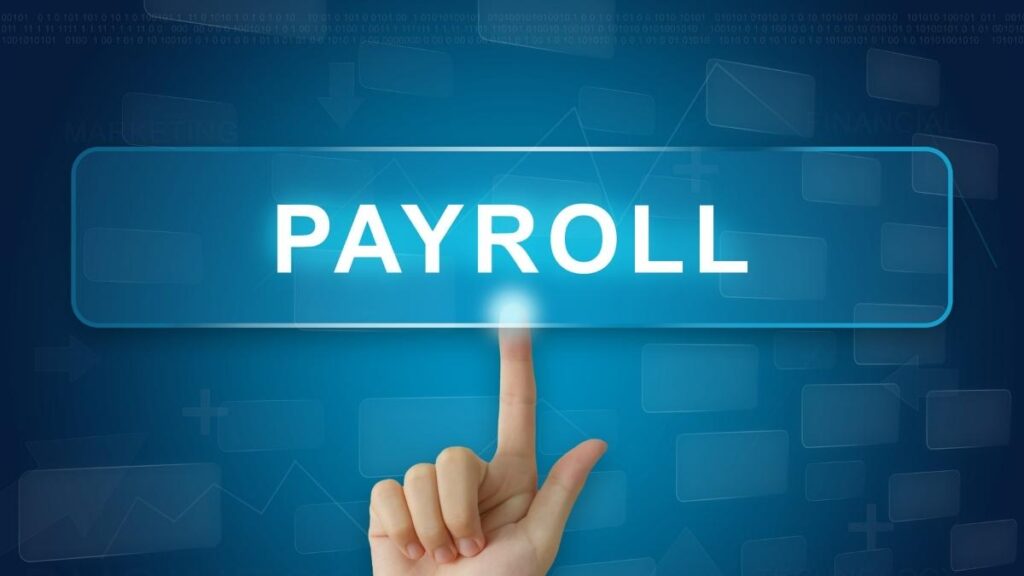
Credit cards are one of the most common forms of borrowing in America, but with convenience comes risk. If balances pile up, many borrowers wonder: can credit card debt take your house? The short answer is not directly—credit card companies cannot simply repossess your home because you owe them money. However, under certain legal circumstances, unpaid credit card debt can put your home at risk.
In this guide, we’ll break down how credit card debt works, when it could threaten your house, the protections available to homeowners, and practical steps you can take if you’re struggling with debt.
Credit Card Debt vs. Mortgage Debt: The Key Difference
Before exploring the risk to your home, it’s important to understand how credit card debt is different from other types of debt.
- Credit Card Debt = Unsecured Debt
- No collateral is tied to the loan.
- The lender relies only on your promise to repay.
- Defaulting hurts your credit but doesn’t immediately endanger your assets.
- Mortgage Debt = Secured Debt
- Your house itself acts as collateral.
- If you don’t pay, the lender can foreclose.
- The property is the “security” backing the loan.
Bottom line: Unlike a mortgage lender, a credit card company cannot automatically seize your house just because you missed payments.
When Credit Card Debt Could Put Your Home at Risk
While unsecured credit card debt doesn’t give lenders an automatic claim to your house, they can still use the legal system to pursue repayment. Here’s how that process typically unfolds:
- Missed Payments
- After 30–90 days of nonpayment, the account is reported delinquent.
- Late fees and penalty interest rates apply.
- Debt Collection
- The credit card issuer may sell the debt to a collection agency.
- Collection calls, letters, and credit score damage follow.
- Lawsuit Filed
- If the debt remains unpaid, the creditor can sue in civil court.
- Court Judgment
- If the creditor wins, the court may grant them a judgment against you.
- This judgment allows the creditor to pursue repayment through legal channels.
- Lien on Property
- With a judgment in hand, creditors can sometimes place a lien on your house.
- A lien doesn’t mean immediate foreclosure, but it clouds your home title and must be resolved if you try to refinance or sell.
Homestead Exemptions: State Laws That Protect Your House
The good news is that most states offer homestead exemptions, which protect at least part of your home’s value from unsecured creditors. These laws vary widely:
- Generous Protections
- Florida and Texas allow unlimited homestead exemptions (your primary residence is fully protected).
- Limited Protections
- Some states cap exemptions (e.g., $75,000 in California, $60,000 in Illinois).
Important note: Homestead protections usually apply to unsecured debt like credit cards. They won’t stop foreclosure if you fall behind on your mortgage or property taxes.
How a Judgment Lien Works
If a creditor obtains a judgment against you, they may file a lien against your property. Here’s what that means:
- You don’t lose your home immediately.
A lien is essentially a legal claim that must be cleared before the property can be sold or refinanced. - Equity matters.
If you have significant equity in your home beyond the homestead exemption, creditors may attempt to force a sale to satisfy the debt. - Bankruptcy can remove liens.
In certain cases, filing bankruptcy can discharge unsecured debts and even eliminate judgment liens.
Steps to Protect Your House if You Have Credit Card Debt
If you’re worried about credit card debt endangering your home, these practical steps can help safeguard your property:
- Stay Current on Your Mortgage
- Prioritize mortgage payments over unsecured debts.
- Missing mortgage payments is far riskier than missing credit card payments.
- Know Your State’s Homestead Laws
- Research your state’s exemption limits.
- File a homestead declaration if required.
- Negotiate with Creditors
- Many creditors will accept reduced lump-sum settlements.
- Payment plans can prevent lawsuits.
- Seek Credit Counseling
- Nonprofit credit counseling agencies can help consolidate debt.
- They negotiate lower interest rates without risking your home.
- Consider Bankruptcy as a Last Resort
- Chapter 7 bankruptcy wipes out unsecured debt (but may require selling nonexempt assets).
- Chapter 13 bankruptcy creates a repayment plan, often protecting your home.
FAQs About Credit Card Debt and Your Home
1. Can credit card companies take my house directly?
No. Credit card debt is unsecured, so lenders cannot foreclose like a mortgage lender can.
2. What is a judgment lien?
It’s a court-ordered claim against your property. While it doesn’t cause immediate foreclosure, it must be resolved if you sell or refinance.
3. Do homestead exemptions protect rental or vacation homes?
Generally, no. Homestead laws usually protect only your primary residence.
4. Can debt collectors force me to sell my house?
In rare cases, if you have significant equity above the exemption limits, creditors may push for a forced sale. But this is uncommon and subject to state law.
5. Does bankruptcy always protect my home?
Not always. It depends on the type of bankruptcy, your equity, and state exemption rules. Consulting a bankruptcy attorney is essential.
6. Should I pay credit card debt before my mortgage?
No. Always prioritize your mortgage. Falling behind on mortgage payments poses a much greater risk to your home.
Final Thoughts
Credit card debt on its own cannot automatically take your house. However, unpaid balances that turn into lawsuits and judgments can lead to liens that complicate refinancing, selling, or—under certain circumstances—risk your equity.
The key is proactive action: keep your mortgage current, understand your state’s homestead protections, and explore debt relief options early. If debt becomes overwhelming, seek guidance from a financial advisor, credit counselor, or attorney before it escalates.
👉 Remember: Your home is your most valuable asset. Protectin

Emma Rose is a U.S.-based personal finance writer and a regular contributor at Cardix.us. She focuses on topics like credit cards, credit scores, and everyday money management. Emma’s writing makes complex financial concepts simple and practical, helping readers make smarter credit and spending decisions with confidence.


